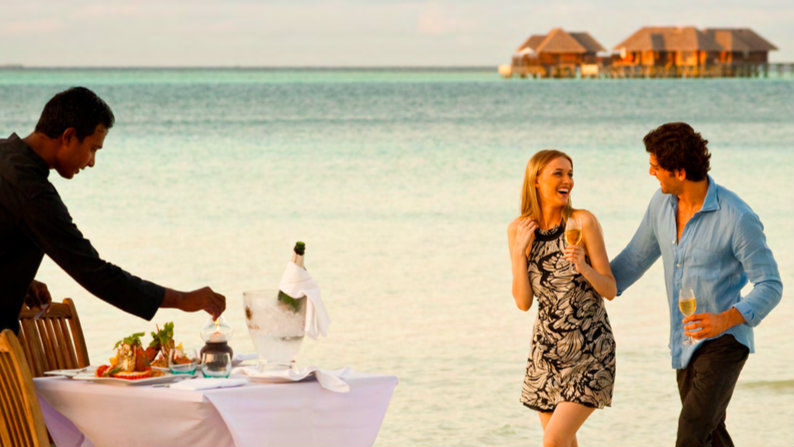Tourist arrivals remain unchanged in February
Tourist arrivals to the Maldives remained unchanged in February with 120,639 arrivals, just a 0.1percent increase compared to the same period last year.

28 Mar 2016, 09:00
Tourist arrivals to the Maldives remained unchanged in February with 120,639 arrivals, just a 0.1percent increase compared to the same period last year.
Statistics released by the tourism ministry today showed a 20 percent decline in Chinese arrivals despite the Chinese New Year holiday falling in February, while European arrivals picked up by 11percent off the back of an increase from Northern and Eastern Europe.
China retained top spot as the largest source market for tourists with 34,330 tourists. Europe accounted for 60,719 tourists or nearly half of all arrivals.
Resort occupancy registered a 0.3percent increase and stood at 92.2 percent. The figure is a significant increase from January, which saw occupancy rates decline to 75.4 percent. Occupancy rates at resorts had been declining in the wake of an unprecedented state of emergency declared in November.
Become a member
Get full access to our archive and personalise your experience.
Already a member?
Discussion
No comments yet. Be the first to share your thoughts!
No comments yet. Be the first to join the conversation!
Join the Conversation
Sign in to share your thoughts under an alias and take part in the discussion. Independent journalism thrives on open, respectful debate — your voice matters.




